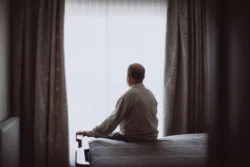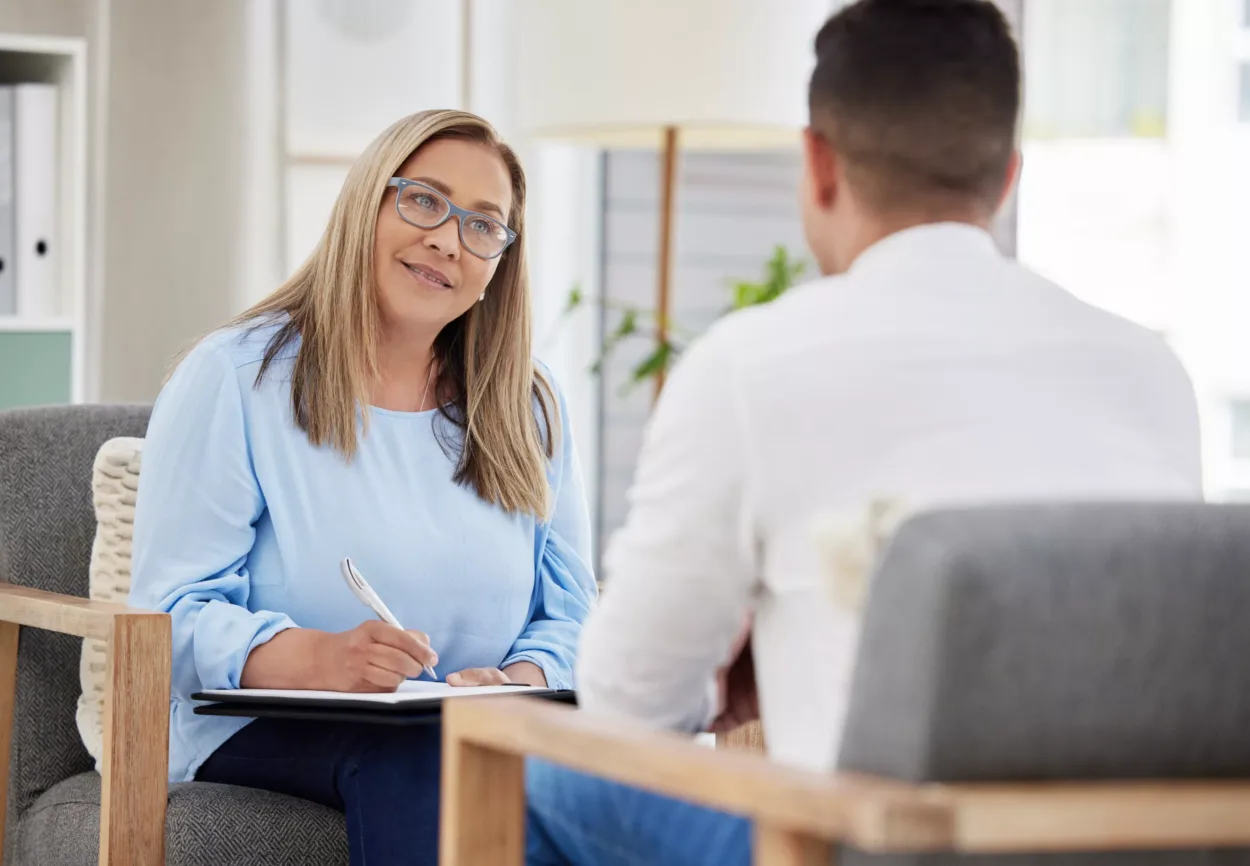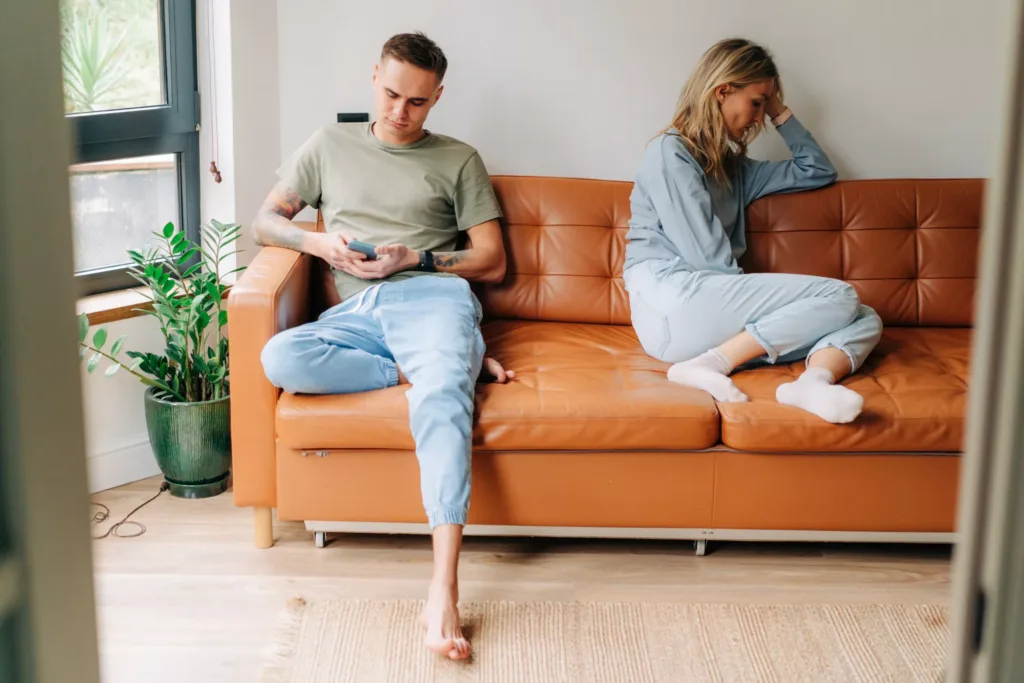
Co-occurring disorders — also referred to as dual diagnosis — might sound unusual to some, but this dual-presence of disorders is actually incredibly common.
Substance abuse, mental health problems and physical illnesses run rampant in the twenty-first century, so it’s no wonder so many people experience multiple conditions. Whether depression and addiction, anxiety and diabetes, or a different combination entirely, you’re not alone.
In this article, we’re going to take a closer look at just how common co-occurring disorders are, as well as provide an overview of the most important statistics on dual diagnosis.
What are co-occurring disorders?
Co-occurring disorders are when a person has two or more disorders occurring at the same time, most commonly in the form of a substance use disorder and mental disorders or conditions.
Sometimes one disorder leads to the development of the other one, such as in the case of a clinically depressed individual who starts abusing substances as a form of self-medicating. Other times, the correlation is less caustic, but the interactions between the two disorders can still worsen the symptoms of each condition.
Co-occurring disorders can also refer to the presence of two or more mental disorders, such as in the context of an individual struggling with both depression and post-traumatic stress disorder (PTSD). This term can also signify the presence of a mental health disorder and physical health condition, such as bipolar disorder and diabetes.
While co-occurring disorders are nothing new, the commonality of their occurrence has alarmingly risen over the last two years and continues to increase with each passing year.
Statistics on dual diagnosis
The official Dual Diagnosis center revealed the startling fact that many people struggling with dual diagnosis are high-functioning citizens. Those solely struggling with addiction are likely to experience devastation in multiple areas of their life, and those solely struggling with mental illness often find it difficult to perform day-to-day operations — but those (many, but not all) with co-occurring disorders are often found working full-time jobs, balancing home and social lives.
The National Institute on Drug Abuse (NIDA) revealed that millions of people struggle with co-occurring disorders every year, in the United States alone. NIDA also disclosed that nearly half of all adults struggling with substance abuse are also experiencing a mental disorder.
Alcohol and marijuana are the two most commonly abused substances in dual diagnosis, with alcohol commonly being connected to depression and bipolar disorder while marijuana is often used by those struggling with anxiety, psychosis (schizophrenia) and panic disorder.
When left untreated, mental health conditions, physical illnesses and substance use disorders can all become exacerbated and take a dangerous toll on the health of a person (and can be fatal in the worst cases). Professional help is always advised to be sought for dual diagnosis.
If you or someone you love is struggling with a mental health condition or substance use disorder (or both), send us a message and we’ll help you heal from here.
Receive help today
Rehab After Work’s premier outpatient treatment centers specialize in offering flexible treatment options so you don’t have to sacrifice engaging in the other areas of your life in order to receive the support you need.
From morning and evening intensive outpatient therapy to partial hospitalization programs (PHP), you’re able to receive treatment during the day and return to your home at night. The type of treatment you receive will depend on the recommendations made by a physician after your initial assessment, as well as your personal preferences.
Send us a message or call us directly today to speak with an advisor and clearly identify what the next best step for your recovery is.





